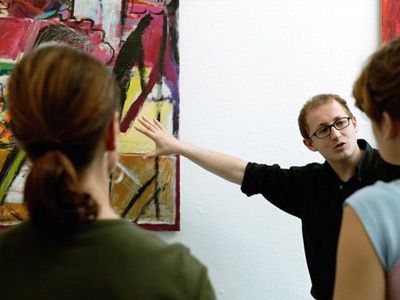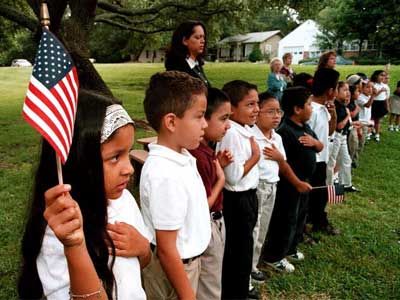Bankruptcy. Divorce. Eviction. Civil lawsuits. Debt collection. Unfortunately, the times we need professional legal assistance aren't necessarily the times we can afford lawyers.
In those times, a volunteer lawyer may be able to help. Volunteer lawyers are professionals who donate their time to help people in need. A volunteer lawyer provides his or her services pro bono.
Advertisement
"Pro bono" isn't always exactly the same thing as "free." Receiving assistance from a volunteer lawyer often requires you to pay a small administrative fee and complete an application. You may be responsible for certain other administrative costs, such as copies and filing fees. If your case goes to court, you'll have to pay court costs [source: VLA of Massachusetts]. But these amounts are a fraction of what it would cost to retain a full-price attorney for these services.
Although you can probably find a volunteer lawyer association or resource in your city, a volunteer lawyer won't always be able to help you. Many volunteer lawyer groups operate as poverty law centers. Before receiving their services, you'll have to establish that your income is below a qualifying level.
The kind of legal assistance you need can also be a factor in whether you qualify for pro bono help. Criminal cases likely do not qualify (although you will be able to get a public defender if you need to). Cases in which a fee is at stake -- such as malpractice, workers compensation or personal injury -- are usually out of the question as well [source: Volunteer Lawyers Network].
Volunteer lawyers can also help nonprofit organizations -- especially arts organizations -- with legal matters such as incorporation, application for federal 501(c)(3) status, conflict-of-interest and intellectual property policies, bylaws and other founding documents. Nonprofits may also face income restrictions, which are typically based on the organization's operating budget.
In this article, we'll take a look at how volunteer lawyers help the arts, as well as some of the ways this selfless work helps the volunteer lawyers. Read on.
Advertisement


